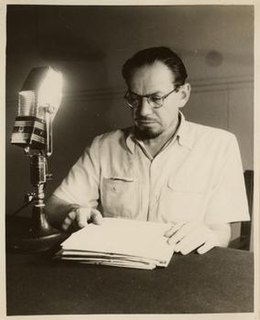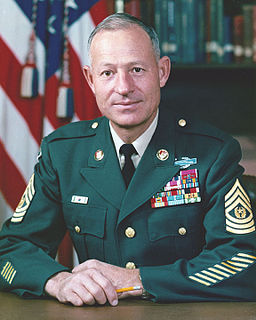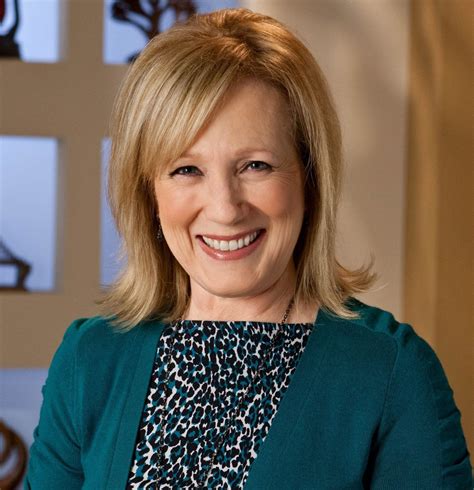A Quote by Deborah Feldman
Some people simply use their faith as a lexicon of behavioral reasoning; without that they would be forced to face their own moral and ethical failings honestly according to a secular code of right and wrong.
Related Quotes
I think you have a certain level of confidence in what you do. "Arrogance" is the wrong word. I think when you go into it, you're aware that you're doing it for the right reasons - and you have your own moral and ethical code. And we weren't driven by money, but by a a desire to make music and make a statement.
For, according to the teachings of Islam, moral knowledge automatically forces moral responsibility upon man. A mere Platonic discernment between Right and Wrong, without the urge to promote Right and to destroy Wrong, is a gross immorality in itself, for morality lives and dies with the human endeavour to establish its victory upon earth.
The most part of men, though they have the use of reasoning a little way, as in numbering to some degree; yet it serves them to little use in common life; in which they govern themselves, some better, some worse, according to their differences of experience, quickness of memory, and inclinations to several ends; but specially according to good or evil fortune, and the errors of one another.
"You, who are on the road, must have a code that you can live by-"* You'll find universal agreement on the value of a behavior code, on the need for some sort of ethical system. Even the crooks count on "honor among thieves," and countries actually wage war according to certain rules. On the job and in the rest of our day-to-day living, we each need a "code for the road."
Scandal is great entertainment because it allows people to feel contempt, a moral emotion that gives feelings of moral superiority while asking nothing in return. With contempt you don't need to right the wrong (as with anger) or flee the scene (as with fear or disgust). And the best of all, contempt is made to share. Stories about the moral failings of others are among the most common kinds of gossip, they are a stable of talk radio, and they offer a ready way for people to show that they share a common moral orientation.
A code of ethics cannot be developed overnight by edict or official pronouncement. It is developed by years of practice and performance of duty according to high ethical standards. It must be self-policing. Without such a code, a professional soldier or a group soon loses identity and effectiveness. Once we know our job, have a genuine code of ethics, and maintain unquestioned personal integrity, we have met the first and most demanding challenge of leadership.
The men of Normandy had faith that what they were doing was right, faith that they fought for all humanity, faith that a just God would grant them mercy on this beachhead or the next. It was the deep knowledge - and pray God we have not lost it - that there is a profound moral difference between the use of force for liberation and the use of force for conquest.
The ethics of sex is a thorny problem. Each of us is forced to grope for a solution he can live with - in the face of preposterous, unworkable, and evil code of so-called 'Morals.' Most of us know the code is wrong, almost everybody breaks it. But we pay Danegeld by feeling guilty and giving lip service. Willy-nilly, the code rides us, dead and stinking, an albatross around the neck.
That's the essence of our faith. It's living with hope in the face of mystery. We live a life of faith completely full of hope, staring mystery right in the face. You can't have one without the other. Your faith won't survive without hope, and hope won't survive without the realization that there are mysteries that will not be answered. If you can embrace both, you can have a vibrant faith.



































